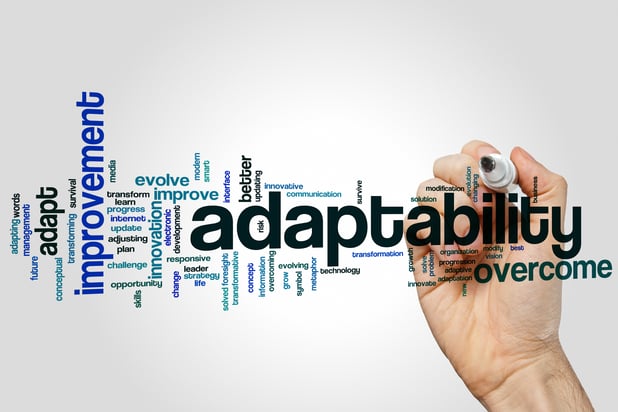Hannah Thomas
Hannah Thomas has spent the past 23 years in project and program management, working in biotech and healthcare. She received her Masters of Science in Clinical Research Administration from the George Washington School of Medicine & Health Sciences. Hannah has managed projects guiding clinical research and examining patient care. She works to bring big-data, analytics, and critical thinking to solving systemic and programmatic problems.

Complexity Communication
Porter-O’Grady and Malloch (2011) present “complexity communication” and advocate a three step process to achieve the greatest communication (p. 270).

Adaptability and Commitment
Adaptability and commitment are not mutually exclusive concepts. When used in tandem, adaptability and commitment are symbiotic and ensure a holistic management approach. By way of example, Quinn (1996) recounted the experience of an executive who.

Why Ask Questions?
The title of this post isn’t intended as a riddle, rather contemplative. It can almost be guaranteed given extensive publications on the topic of questions—each of us has come across at least one article, podcast, webinar, book, live stream, etc..

Using Data to Manage Through Disruption
COVID-19 has sent some businesses into a tailspin and left many others with constrained budgets. Disruption like this pushes us into survival mode—going through the motions and hoping the crisis will be over soon. That’s problematic when the crisis.

3 Things To Consider When Adapting Your Operating Model During A Crisis
Many leaders find themselves contemplating an operational shift during a crisis. COVID-19 has been no exception. Travel and hospitality businesses have had to respond to a steep dropoff in demand, while technology entities like Zoom and Microsoft.

Using Data to Improve Employee Productivity and Morale During COVID-19
As you probably know, COVID-19 has put intense stress on many businesses. This is even true for companies that generally have high productivity and healthy employee morale.

A Discussion of Transformational Leadership Examining Leader Behavior and Organizational Culture
The U.S. health care system is experiencing a three-pronged revolution involving policy, financial, and political strategies. National discussions of health care policy revolving around financial extremes and ineffectual outcomes are familiar to all.

Perception Versus Interpretation
"Perception is reality" Lee Atwater We often hear, “perception is reality” as a prelude to “what do we need to do to fix their reality?”. This approach tends to dismiss one's contribution to the overall perception of reality and obviate.

What is a Consultant?
From a client’s perspective, a consultant has seven general characteristics.

